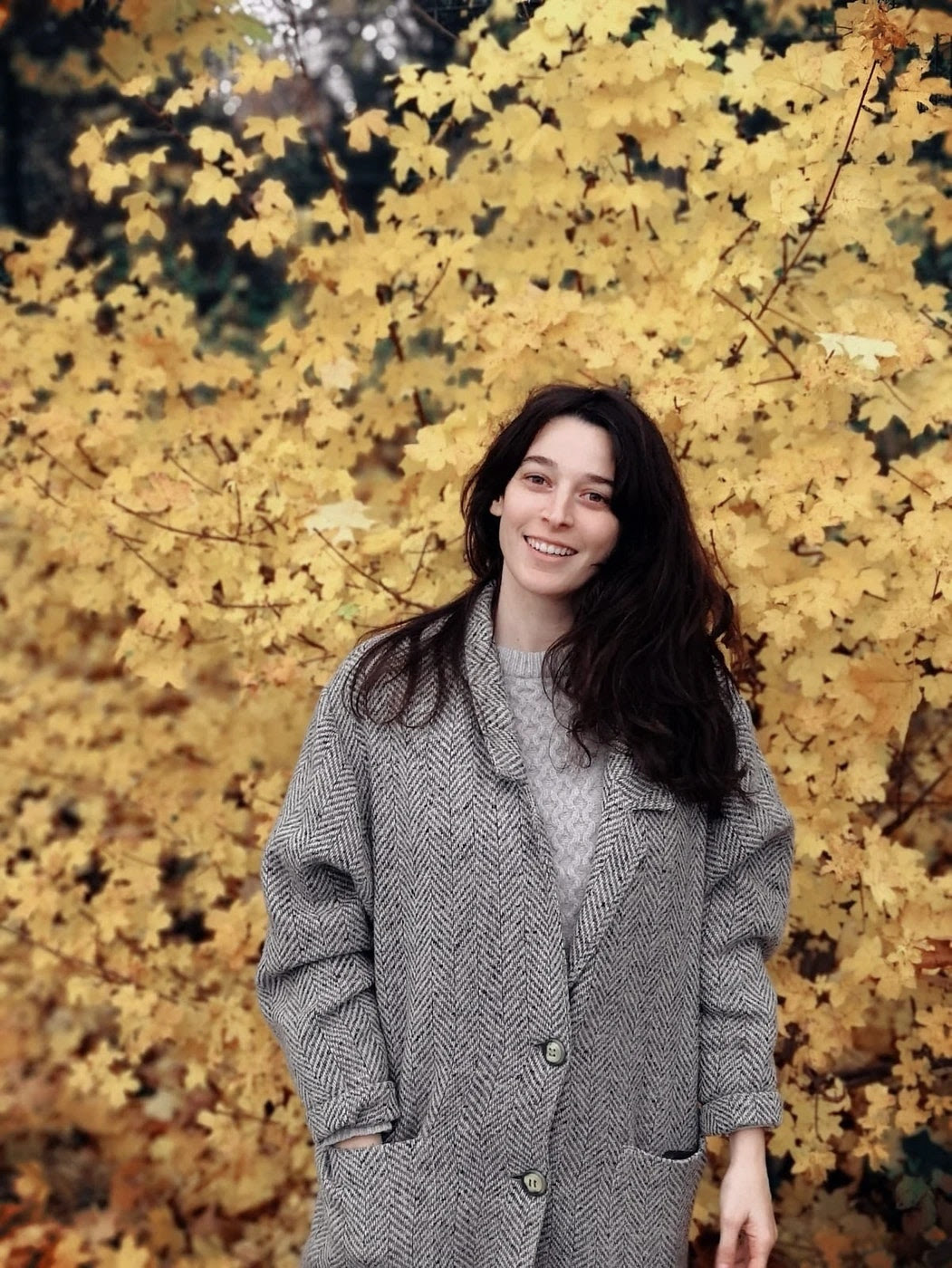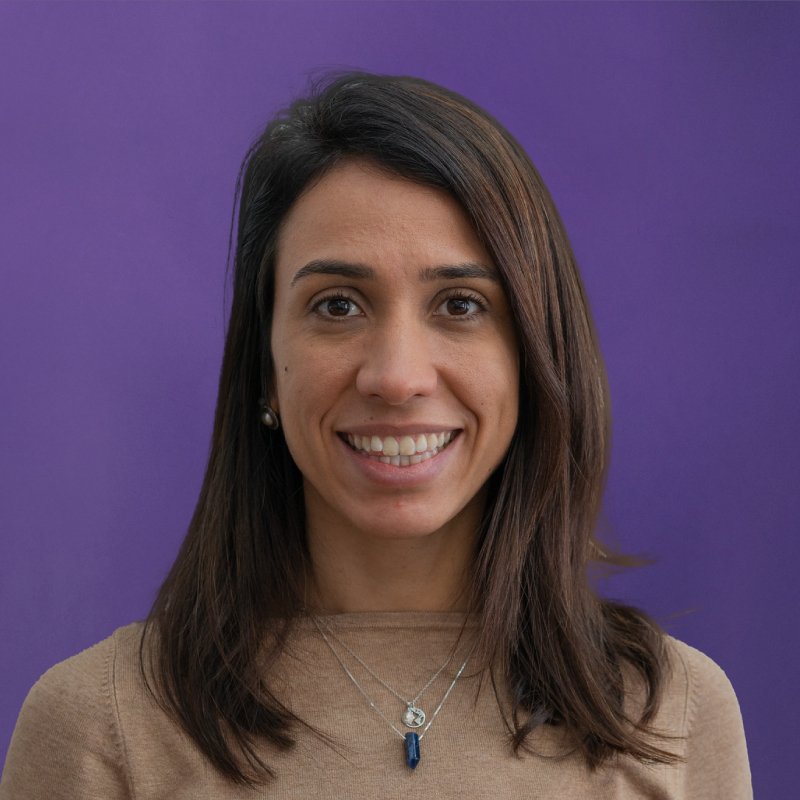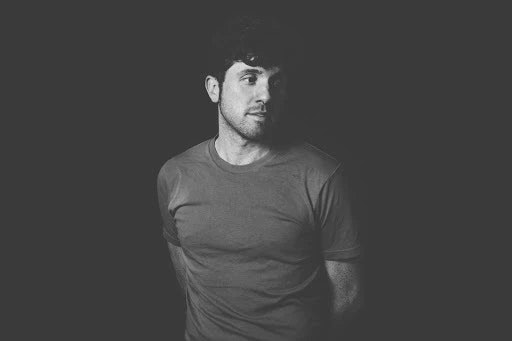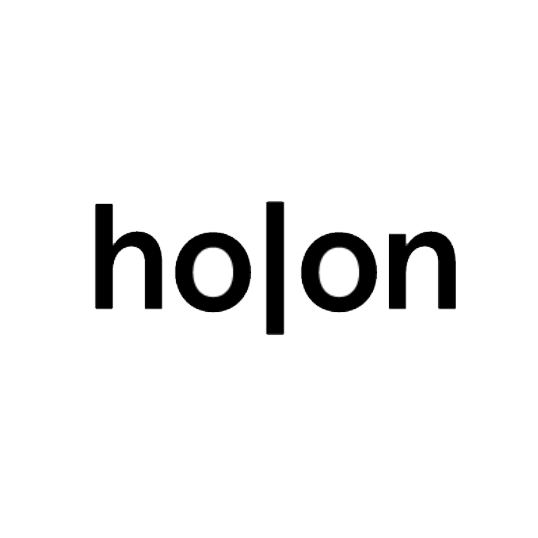Syllabus⇝
Design practice and the role of the designer has been evolving over time. Evolving from an utilitarian perspective at the service of industry (design over) to the integration of the perspective of the human user and it’s needs (design for) and, later on, it’s integration as an active agent in the design process (design with) the agency and expertise of the designer has been critically put into question generation after generation. Presencing the burst of the user-centered bubble and in the face of various existential risks, along these sessions, we will inquire over our role as designers and experience what it means to design within creative communities with the goal of putting our personal projects and capacities at the service of deep transitions.
Those promoting participatory action-research believe that people have a universal right to participate in the production of knowledge which is a disciplined process of personal and social transformation. In this process, people rupture their existing attitudes of silence, accommodation and passivity, and gain confidence and abilities to alter unjust conditions and structures'. (Paulo Freire, in Smith et al, 1997:xi)
Fab Lab Barcelona has been involved in many European and local action-research projects with the goal of developing, testing, and implementing alternative and circular strategies towards a (more) locally productive and globally connected city.
In the practical sections of the Community Engagement seminar, MDEF students will be invited to explore methodologies and tools of two community-based local pilots led by Fab Lab Barcelona. The local pilots connected to the SISCODE and CENTRINNO EU projects, while differing in specific objectives and goals, have been aligned with the Fab City principles and share a common objective: both expand the purpose of creative spaces and practitioners to transform communities, societies and ecosystems, supporting the development of new approaches to innovation, learning and impact at the local level, while articulating global efforts.
Within the context of the above-mentioned projects, during the two sessions, students will practice with methods to support social change whilst focussing down on the purpose of engagement. By learning and understanding the application of tailored tools and their practical uses, students will have access to knowledge and resources to use in their future projects. The pool of tools ranges from enabling actions to map actors and resources, analysing local contexts, identifying potential synergies and opportunities, and amplifying key benefits for local stakeholders.
The practical course will be further enriched with thematic topics addressing circular and collaborative manufacturing, co-creation mechanisms, practice-based capacity building and peer-learning. During the two days of activities, students will also have the opportunity to visit and engage with four local community-driven projects in Poblenou. The visits will take place from 5pm to 7pm on November 22nd and 24th (TBC) and are aimed at learning about the projects’ stories and achievements, their innovative strategies and approaches to inclusive and circular ecosystems.
Deliverables⇝
-
Ecosystem mapping and finding fit. Introspective work: from ego to eco.
-
Targeted systems change and transitions over a generation.
-
Prototyping from a design within stance and social learning
-
Shareback insights community work
-
Participatory ecosystems: Knowledge as a correlate and Body and bodies as epistemological instruments
-
Exercise 4D Map. Visualization and direct exemplification of the generation of truth.
Additional Resources⇝
Thinking in Systems - Donella Meadows
Dark Matter and Trojan Horses - Dan Hill
Exposing the magic of Design - John Kolko
Frame Innovation - Kees Dorst
A more beautiful question - Warren Berger
Design, When everybody Designs - Ezio Manzini
Design for the Real World - Victor Papanek
Critical Zones - Bruno Latour & Peter Weibel
Leading from the Emerging Future - Otto Scharmer and Katrin Kaufer
http://donellameadows.org/dancing-with-systems/
https://thesystemsthinker.com/guidelines-for-designing-systemic-interventions/
https://medium.com/fieldnotes-by-sam-rye/towards-targeted-systems-change-7f4db6febb51
https://drive.google.com/file/d/1UrOxrth4SomIGY0u7qf0lCVwdHS5_BTK/view?usp=sharing
https://medium.com/weareholon/performing-transitions-within-emergent-paradigms-452a63949b20
http://jonkolko.com/writingSensemaking.php
https://drive.google.com/file/d/1vDA4K1-ceE0aNtWD5hP1IOOJJoQ2jj_4/view?usp=sharing
https://design.cmu.edu/sites/default/files/Transition_Design_Monograph_final.pdf
Faculty⇝
Mercè Rua Farges is a researcher and design strategist at Holon.cat. With a multidisciplinary profile, at the crossroads between the social sciences, design, and the performing arts, she works to train and accompany organizations in their efforts to prosper by favoring a positive impact on society and the environment. Her passion is bringing people and teams together to bring out their collective intelligence and alignment to drive change.
Milena Juarez (female) is a Brazilian environmental engineer with a master’s in Interdisciplinary Studies in Environmental, Economic and Social Sustainability and specialization in Urban and Industrial Ecology at the Universitat Autònoma de Barcelona. With a large experience in research, Milena has been actively involved in various interdisciplinary research projects in the field of circular economy, resilient cities, co-creation, and sustainable food. She currently coordinates the Barcelona pilot for CENTRINNO EU project at IAAC and works as an action researcher for the REFLOW and FOODSHIFT EU projects. As one of the responsible for community engagement at Fab Lab Barcelona, Milena supports the local activities at the Fab City Hub, a co-creation distributed space to design the future for urban self-sufficiency.
Markel Cormenzana, Transition Designer. Mechanical Engineer specialized in Product Development from the University of the Basque Country and the University of Southern Denmark (SDU). Ma Advanced Design Studies (UPC-UB). He has channeled his professional activity towards designing (product, service, systems, UX...) and innovating to dance with the complex social, economic and environmental challenges we face as a civilization. He is also a regular guest teacher at several design schools in Barcelona such as IED, BAU, Elisava or ESDESIGN.
Holon emerged in 2014 as a proposal from the design community to what we see is humanity in transition.
From non-profit cooperatives, associations, and foundations transforming sectors such as housing or energy, to local SMEs exploring the circular economy, to programs of the United Nations working on eco-innovation or international corporations defining how sustainability fits companies of their size. We exist to help these organizations become the new normal through design. We work to align their organizational goals with the needs of the people they serve and their social and environmental context. From experiences to the ecosystem, we shape the everyday life of transitions.




